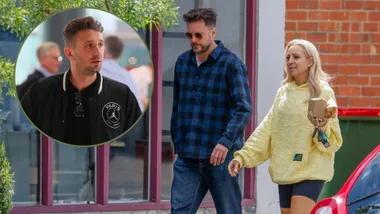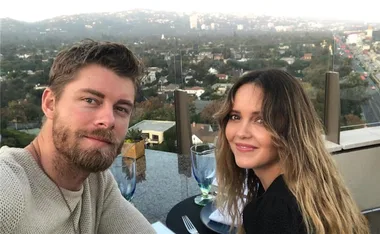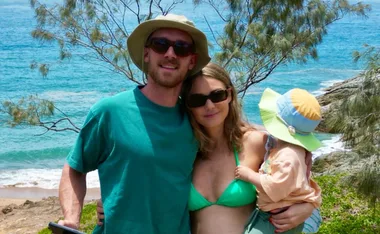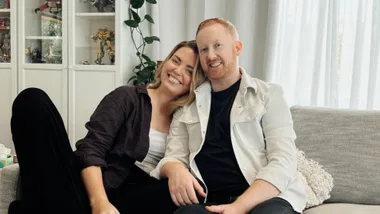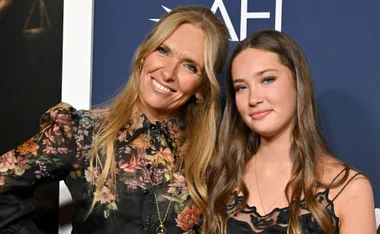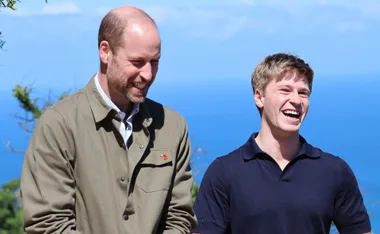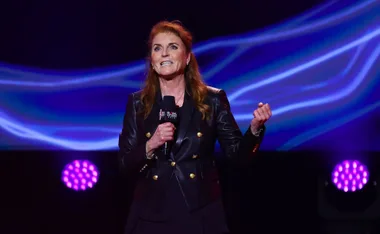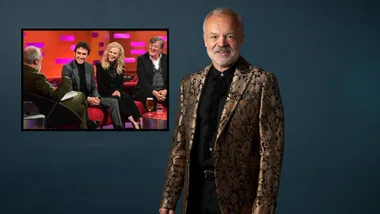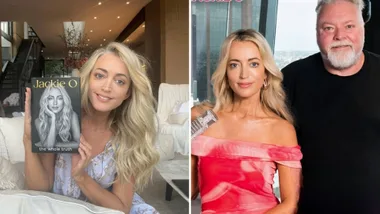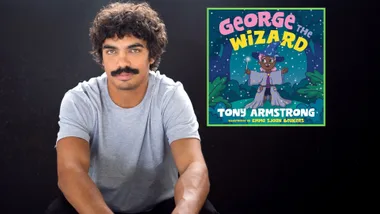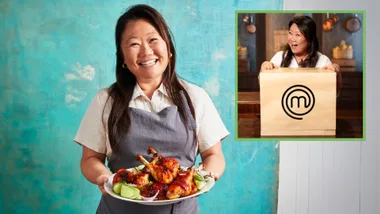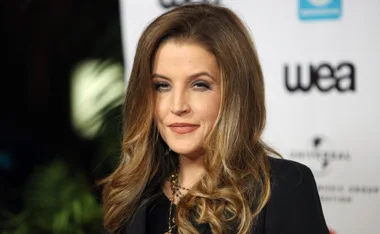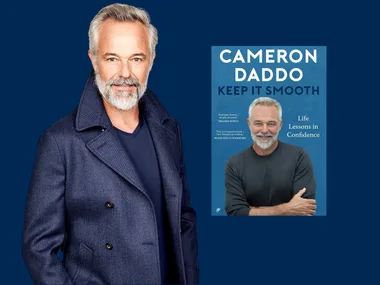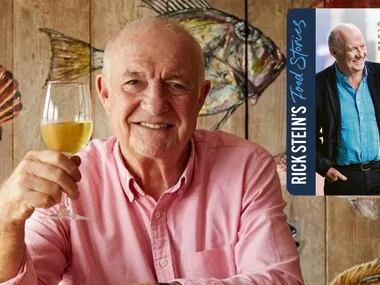With SUE MILLER who wrote The World Below, which features in the Reading Room in this The Australian Women’s Weekly this month.
Q The difficulty of maintaining a good marriage is a theme in The World Below and other books of yours and obviously is a problem for many women nowadays?
A There have been a few successful ones (marriages) in intervening books. But yes, statistics tell us that there an enormous number of failed marriages.
Q People were critical of the main character in The World Below for having failed not once but twice in marital stakes. I think people accept that everyone is allowed one marital mistake.
A. But I think once you get over three you’re in Liz Taylor’s company or someone like that. We feel ourselves slipping down into that territory. I think to have failed twice, somehow says something more about our failure generally. It begins to say something about yourself.
Q The World Below is about two different generations, Georgia, for whom marriage is sacred and inviolable, Catherine for whom divorce is an acceptable way out – what are the differences between the two generations?
A. Divorce simply wasn’t a respectable solution back then. You couldn’t consider it in that era. Perhaps the availability of divorce as an option today makes it more a probability.
For Georgia, staying married meant she remained a socially viable person. Had she separated from her husband, she would have been shunned. A part of her longed to have her ‘old’ life back. But she knew it was not possible. A great deal between Georgia and her husband never gets discussed. They don’t feel obligated to deal with everything. A lot of issues are just left to fester. But they knew they had to go on, no matter what, so they put those things aside.
Today, we are more self analytical about our relationships. We ask questions about everything. And perhaps because of it we are more likely to find something wrong – some flaw or weakness – in ourselves and in our marriage.
Q Maybe there’s something to be said for the old ways then?
A. Yes, maybe there is some trade off there.
Q What about the issue of dating and romance in your life?
A. I am not in need. I feel as though my role is to be prepared to be alone and to learn to live alone and not to be promise myself the hope of I’ve got to be with someone. I have lived for quite a long time not being married before. I found a great deal to enjoy in life. It doesn’t terrify me to be alone.
I have to say, I find the idea of dating kind of bizarre at this point in my life.
When the terrorists attacked New York, I was keenly aware of being alone. I was amongst friends and relatives, but I had no-one to go home to talk to. Those are the times when you think ‘shit!’ But not enough to seek someone out and marry them.
Q You have a son, how old is he and what’s he doing his life?
A. He is 33 and living in Africa, I’ve been a couple of times there to visit. He’s an academic who runs a college.
Q Was there a quiet corner of your mind where the writer in you was storing up material when the September 11 terrorist attack occurred?
A. No, I think I feel like other people do. Maybe at some point I might examine it in a plot but just at the moment I feel it as a horrible and overwhelming event. It’s been very difficult for everyone. We seem in the US to be in a national depression.
Q You live in Boston where two of the planes used in the attack took off from, did anyone you know perish?
A. No-one I know died, but I know people who lost parent or a sibling.
Q How do you approach Christmas after an event like that?
A. I think it is important to shelter yourself among people you are close to. I think it will be more quiet this year. More intimate. But in a way that might make it a more joyous Christmas.
Q How do you feel about the business of promoting books?
A. There’s a personality cult in the US at the moment. They believe that being out there, where people can see you and talk to you, sells more books. It’s a part of the deal nowadays.
Fannie Flagg who wrote Fried Green Tomatoes, after hearing about having to do a book tour, told the publicist: ‘After writing the book, now I have to PROMOTE it? And what exactly do you do honey?
I salute her completely.
Q You’re writing a book about your father who died of Alzheimmer’s disease?
A. I’ve just sent the manuscript to my agent. It’s called The Story Of My Father.
Newsletter conversion description. Get the latest in your inbox.

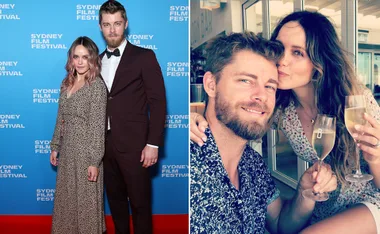
.png?resize=380%2C285)
